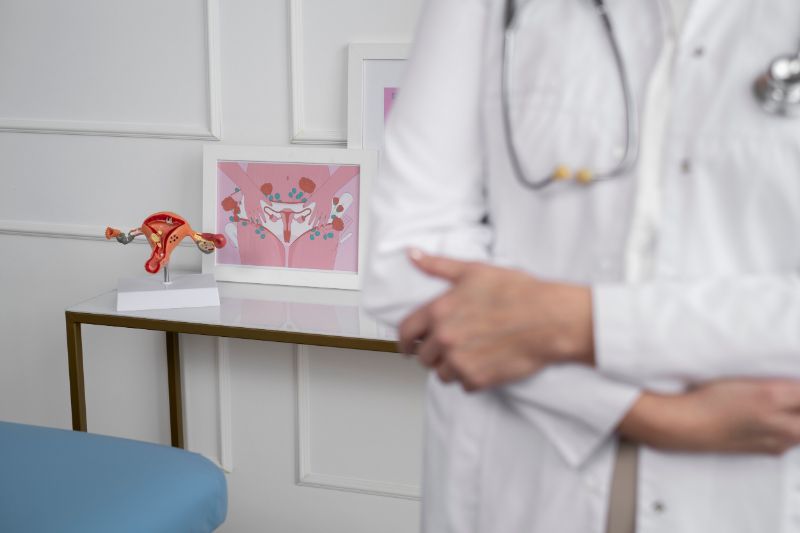The Papanicolaou test, also called a Pap smear, is a gynecological test that screens for cervical cancer. The test uses a sample of cells from the cervix to look for signs of cancer or precancerous cells. The Papanicolaou test has been credited with reducing the incidence of cervical cancer by up to 80 percent. The test is typically performed every one to three years, depending on the age and health of the woman.
There are a few risks associated with the Papanicolaou test, such as false-positive results, which can lead to unnecessary anxiety and further testing. However, the potential benefits of the test far outweigh the risks.
Understanding the Papanicolaou (Pap) Test
The Papanicolaou Test is a cervical cancer screening test that helps to detect abnormal cells on the cervix. The cervix is at the narrow end of the uterus that opens into the vagina.
It's crucial to get screened for cervical cancer because it's one of the most preventable types. The Pap Test is the most common way to screen for cervical cancer, and it's been used for over 50 years.
Who Should Get a Pap Test?
The Papanicolaou test is a screening test used to detect abnormal cells in the cervix. It is a simple and quick procedure that can be done in the doctor's office.
The Pap test is recommended for women 21 and older, but it can be done at any age. It is important for women to get regular Pap tests, especially if they are sexually active.
What Happens During a Pap Test?
The doctor will take a sample of cells from the cervix with a small brush or spatula. The cells will then get sent to a lab to be analyzed.
A Pap test can detect early signs of cervical cancer and other conditions that can lead to cancer, such as HPV (human papillomavirus).
What are the Potential Risks of a Pap Test?
The potential risks associated with the Papanicolaou test are rare and have decreased in recent years with advances in medical technology. Still, there is always the potential for discomfort or pain during and after the procedure. The most common side effects include pelvic cramps, dizziness, nausea, and light vaginal bleeding.
It's important to note that the Papanicolaou test has a low false-positive rate, meaning that it is very unlikely that an abnormal result will be incorrect. However, if you do receive an abnormal result, you may be advised to undergo additional testing to confirm the results. Your doctor will discuss all of your options with you before deciding on a course of action.
How to Book an Online Papanicolaou (Pap) Test With Cura4U
Booking a Papanicolaou test is now easier than ever with a wellness clinic like Cura4U. We offer online booking of the Pap test so you can get it done in the comfort of your own home. Just go to our website, select the 'Pap Test' option, and follow the simple steps to book your appointment with one of our certified nurses.
Once you've booked your appointment, our nurse will arrive at your home and administer the Pap test, which generally takes about 10 minutes. After your Pap test is complete, we'll process your results and send them directly to you via email or text message.
Cura4U makes it simple and convenient for you to get a Papanicolaou test to stay on top of your health. With online lab test booking and fast results, we make it easy for you to access the healthcare services you need quickly and easily.
Conclusion
The Papanicolaou test, also known as the Pap smear, is a screening test used to detect cervical cancer in women. The test is named after its inventor, Dr. George Papanicolaou. The Pap test is a simple and quick procedure. A healthcare provider will take a sample of cells from the cervix. These cells will then get examined under a microscope for abnormal changes.
If abnormal cells are found, it does not necessarily mean that you have cancer. The abnormal cells may be precancerous, which could become cancerous if left untreated. In most cases, precancerous cells can be treated successfully to prevent cancer from developing.
The Pap test is an important tool in the fight against cervical cancer, and it's estimated that it has prevented more than 70% of cervical cancer cases in the United States.












